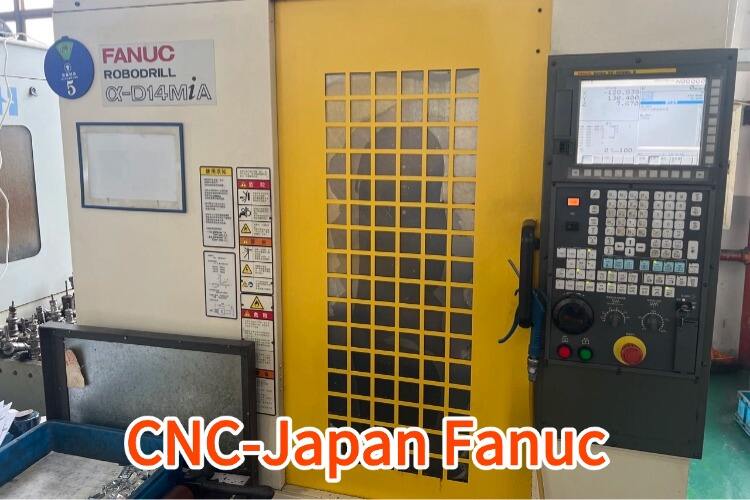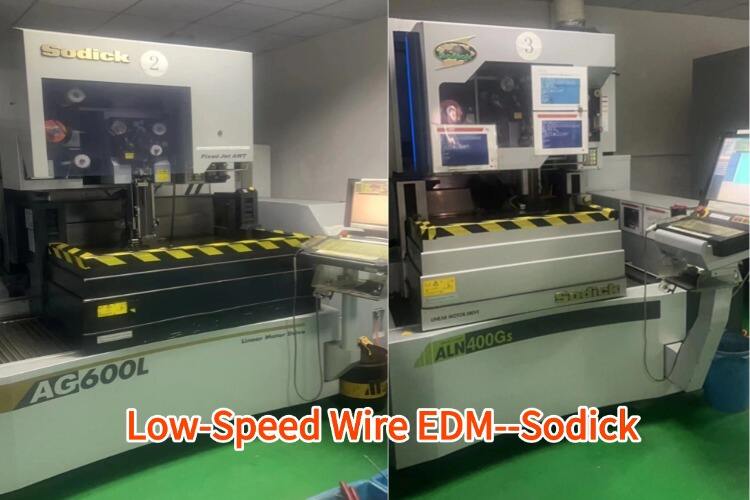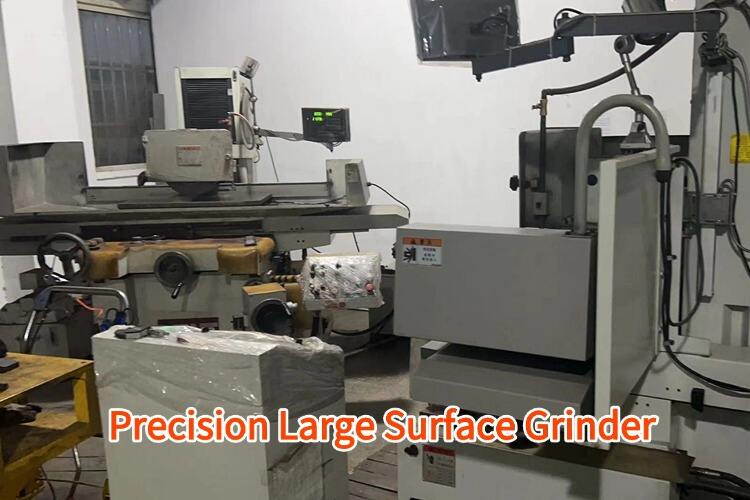what is cnc in automotive industry
CNC (Computer Numerical Control) in the automotive industry represents a revolutionary manufacturing technology that has transformed vehicle production processes. This advanced system uses computerized controls to operate and manipulate manufacturing tools and machinery, enabling precise and automated production of automotive components. CNC machines interpret computer-aided design (CAD) files and translate them into specific manufacturing instructions, allowing for the creation of complex parts with exceptional accuracy. In automotive manufacturing, CNC technology is utilized for various operations including milling, turning, drilling, and cutting of components ranging from engine parts to body panels. The system's ability to maintain consistent quality while producing large quantities of parts makes it invaluable in modern automotive production lines. CNC machines can work with various materials commonly used in automotive manufacturing, including metals, plastics, and composites, ensuring versatility in production capabilities. The technology also enables rapid prototyping and testing of new designs, significantly reducing the time from concept to production. The integration of CNC systems has led to improved efficiency, reduced waste, and enhanced quality control in automotive manufacturing processes.


